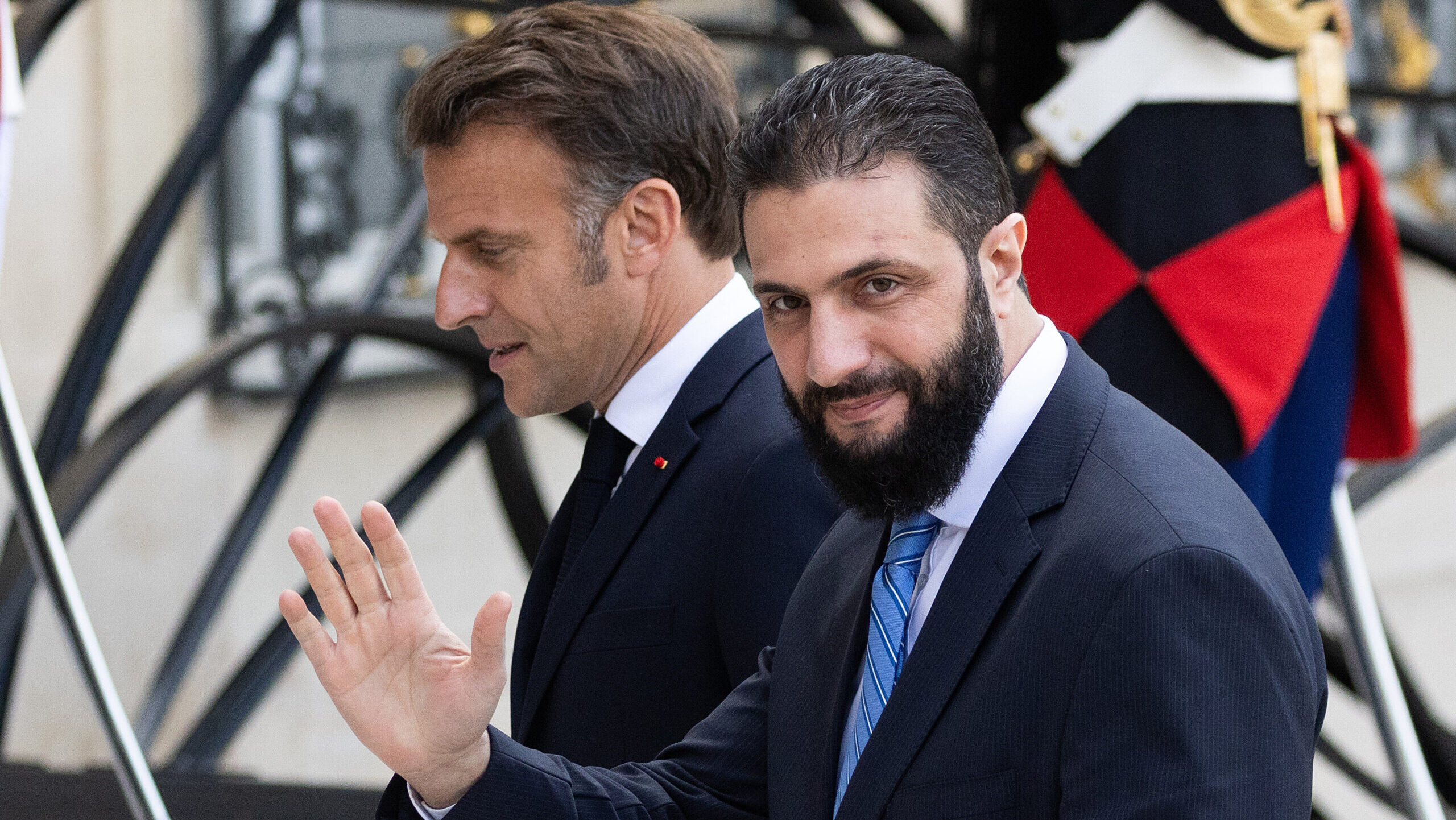Al-Sharaa’s Star Fades as Syria’s Transition Falters
When Bashar Assad’s regime finally crumbled at the start of 2025, there was a rare flicker of hope across Syria—and abroad. Could this be the beginning of something better? Enter Ahmed al-Sharaa: a technocrat with no strong ties to the old guard or the opposition, a quiet, legal-minded figure backed by the US, UK, France, Saudi Arabia, Qatar, and Turkey. As Rizik Alabi reports for The Media Line, al-Sharaa was supposed to be the guy who could keep Syria steady during its long-overdue transition.
But within months, things unraveled—fast. From sectarian violence on the coast to mass protests in As-Suwayda, al-Sharaa’s government struggled to project even symbolic authority. His moves to disarm old regime militias were met with rebellion, and a brutal Israeli airstrike on Damascus signaled that even regional powers weren’t buying into the new order. His restrained response only deepened doubts about his grip.
Give the gift of hope
We practice what we preach:
accurate, fearless journalism. But we can't do it alone.
- On the ground in Gaza, Syria, Israel, Egypt, Pakistan, and more
- Our program trained more than 100 journalists
- Calling out fake news and reporting real facts
- On the ground in Gaza, Syria, Israel, Egypt, Pakistan, and more
- Our program trained more than 100 journalists
- Calling out fake news and reporting real facts
Join us.
Support The Media Line. Save democracy.


International backing began to fade. In Washington, Syria lost priority status. Gulf states grew wary of Iran’s lingering influence. Turkey quietly stepped back. And Syrians themselves? Many felt the transitional government was just a rebranded version of the old one.
Experts quoted by Alabi argue that the failure wasn’t personal—it was systemic. Al-Sharaa had no real institutional base, no internal consensus, and no road map for building one. What’s next? Maybe a decentralized model, real transitional justice, and a security overhaul. Or maybe more chaos.
For the full story—rich in insight and voices from the ground—don’t miss Rizik Alabi’s report at The Media Line.

